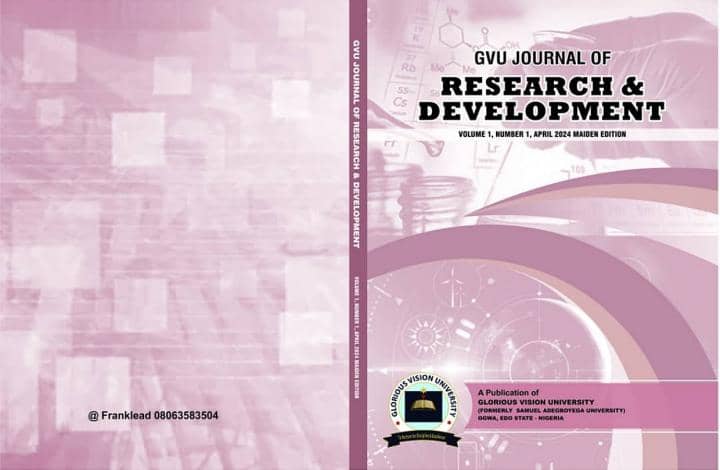Impediments to Objectivity and Professionalism in Journalism Practice in Nigeria
DOI:
https://doi.org/10.5281/zenodo.14035200Keywords:
Impediments, Objectivity, Professionalism, Journalism, PracticeAbstract
The study aimed to investigate the obstacles to objectivity and professionalism in journalism practice in Nigeria. Using a library research method to gather data, the study was grounded in the social responsibility theory of the press. Findings revealed that news commercialization, salary nonpayment, and ownership influence are significant impediments to journalism in Nigeria. Specifically, news commercialization has diminished the editor's role, allowing any paid content to qualify as news and establishing money as the main criterion for news judgment. This trend compromises the credibility of media organizations. Salary nonpayment also negatively impacts objectivity and professionalism, as unpaid journalists may resort to accepting "brown envelopes" (bribes) from news sources, compromising their independence. Additionally, ownership influence restricts objectivity and professionalism because both public and private media owners exert considerable control over their outlets. Government media often serve as propaganda tools, while private media are driven by motives like profit-making, agenda-setting, and political or business gain. The study concluded that objectivity and professionalism will remain compromised if issues like news commercialization, salary nonpayment, and ownership influence persist. It recommended ending news commercialization to protect objectivity, professionalism, fairness, and balance, which are essential to journalism practice.



